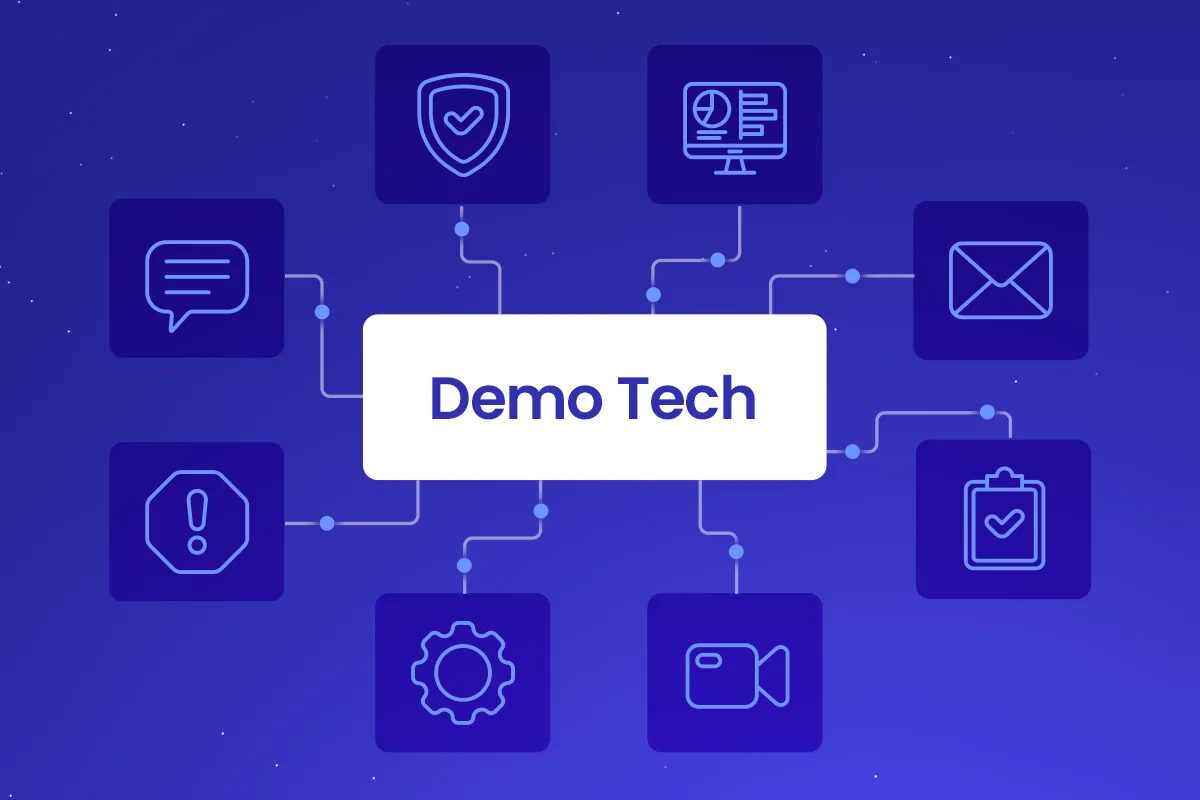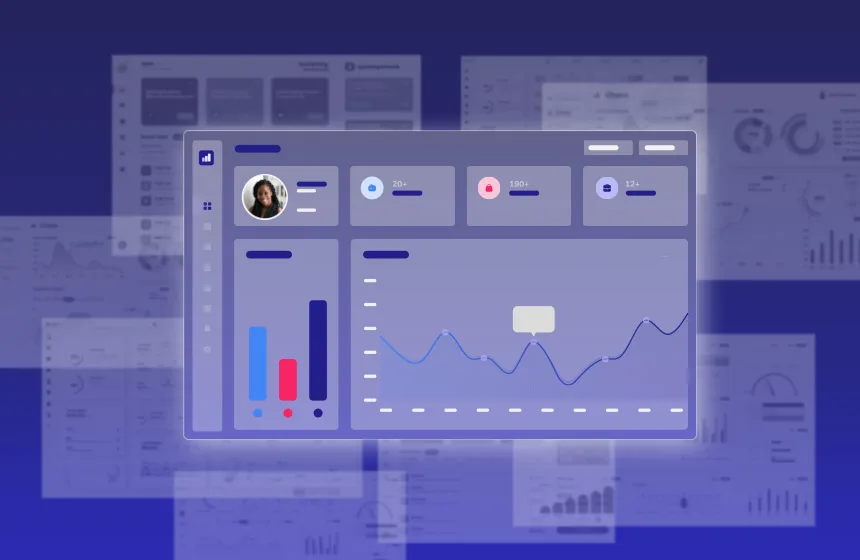Scoping with Certainty: Using Demo Tech to Accelerate Proposal Creation

June 4, 2025
Table of Contents
Scoping and proposal shouldn’t feel like starting from scratch and it should not take a long time. Yet most sales teams get stuck in endless document ping-pong, misaligned expectations, and second-guessing. The solution? Ground your scoping process in actual product demonstrations.
Demo tech transforms scoping from guesswork into certainty by making expectations visible and alignment easier to achieve.
When scoping happens in abstract conversations and lengthy documents, miscommunication is inevitable. The buyer thinks they asked for one thing. The seller assumes they agreed to something else. The result? Delays, confusion, and proposals that miss the mark.
4 Ways Demo Tech Accelerates Your Scoping Process
1. Anchor Discussions in Product Reality
Show, don’t just tell. If you’ve already run a disco-stration earlier in the process, leverage those same demo assets to validate scope:
- Action step: Create demo flows that mirror exactly what was discussed
- For integrations: Show the actual workflow in action
- For user roles: Walk through admin functionality with a live click-through tour
The more you can demonstrate, the less you’ll need to explain later.
2. Tailor Experiences for Different Stakeholders
Scoping brings multiple voices to the table with different priorities:
- Champions and executives want the strategic big picture
- End users (SEs, architects, business users) need proof it actually works
Action step: Use app cloning or data injection tools to create two demo paths for the same meeting — go high-level for executives, dive deep for technical users. No need for separate meetings.
3. Deploy Self-Guided Demos for Async Validation
Not every question surfaces during live calls, and not every stakeholder can attend meetings.
Action step: Create leave-behind demo libraries that buyers can:
- Revisit independently
- Share with internal teams
- Use to validate scope across departments
This accelerates internal consensus and eliminates repetitive follow-up emails.
4. Embed Demos Directly into Proposals
Transform your proposal from a static document into an interactive experience:
- Link specific features to corresponding demo moments
- Tie pricing line items to tangible product capabilities
- Use engagement metrics (views, shares, time spent) as buying signals
Action step: Track repeat demo views and internal shares — they’re quiet indicators that buyers are gaining confidence.
Measuring Scoping Success with Demo Tech
Look for these signals that your demo-driven scoping is working:
- Faster proposal turnaround times
- Fewer revision cycles on scoping documents
- Higher proposal acceptance rates
- Increased demo engagement (multiple views, internal sharing)
- Shorter time from scoping to signed contract
Real-World Impact: Learning from Databricks
Instead of building custom POCs for every use case, Databricks uses curated demo libraries mapped to specific buyer needs. This approach:
- Reduces scoping delays
- Eliminates repetitive custom builds
- Speeds up solution alignment for everyone involved
Aligned Scope
Effective scoping isn’t about perfect documentation — it’s about shared understanding.
When you ground scoping discussions in actual product demonstrations, you eliminate ambiguity, accelerate internal alignment, and create proposals that feel like natural continuations of your sales conversations.
The result? Faster deals, fewer surprises, and negotiations that start from a position of clarity rather than confusion.
Key Takeaways
- Use demo tech to align faster across diverse stakeholders
- Accelerate internal buy-in with self-guided, reusable demo libraries
- Make proposals interactive by embedding relevant demo moments that reinforce scope and value
- Track engagement as a buying signal
- Scoping success means shared understanding, not just perfect documents — and demo tech gets you there faster





